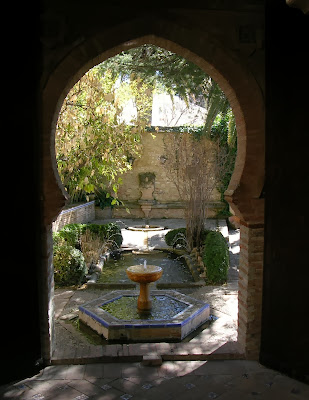When I met with Jerry Smith and Sally Martin to discuss a funding application we're making for Different Moons, Sally reminded me that when she grew up in Sri Lanka, it was a Rabbit or Hare in the Moon that children saw, rather than a Man in the Moon, as is common in Europe. Sally immediately identified this as the reason for the name of our project - i.e. Different Moons.
Actually I had several inspirations for that name, and the Rabbit/Man in the Moon is only one. I'm not sure how widespread this difference is. Sally felt it was to do with seeing the moon from a different angle but, again, I'm not completely sure if that is the case. Either way it's a fascinating phenomena, and a quick look at Wikipedia tells me that the Hare in the Moon is also a pagan idea, as hares are believed to gaze at the moon in Spring (presumably between their bouts of boxing and other crazy behaviour). The other well-known story is a Buddhist story of a selfless hare as a previous incarnation of the Buddha - you can find it here.
As nearly all of the south Asian heritage population locally are Muslims, not Buddhists, I'm not certain exactly who or what they see when they look up in our sky and, on the rare occasion the clouds have parted, see the Moon. I must find out...





old7.jpg)























